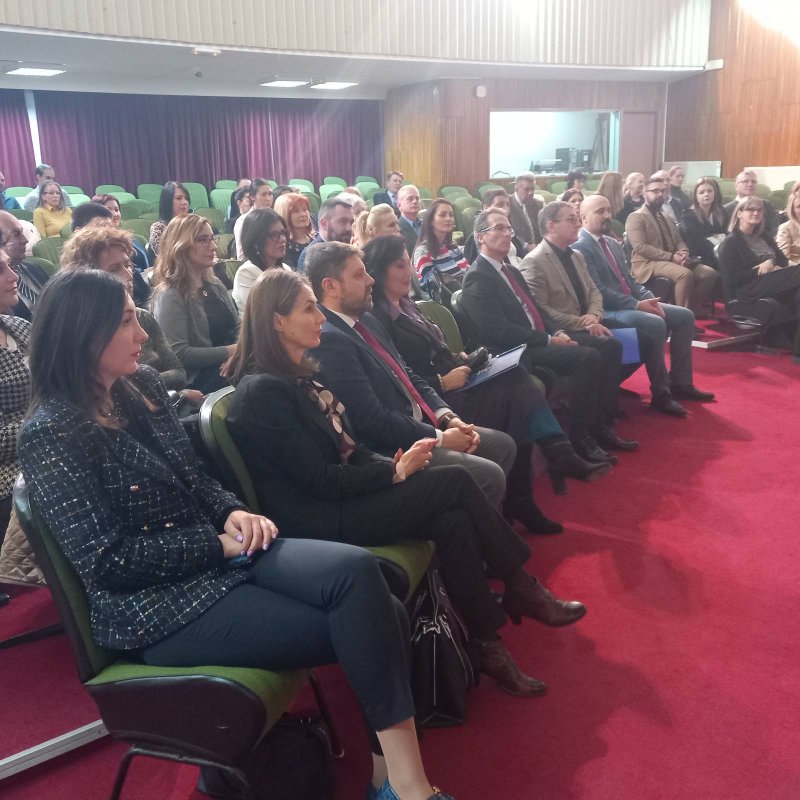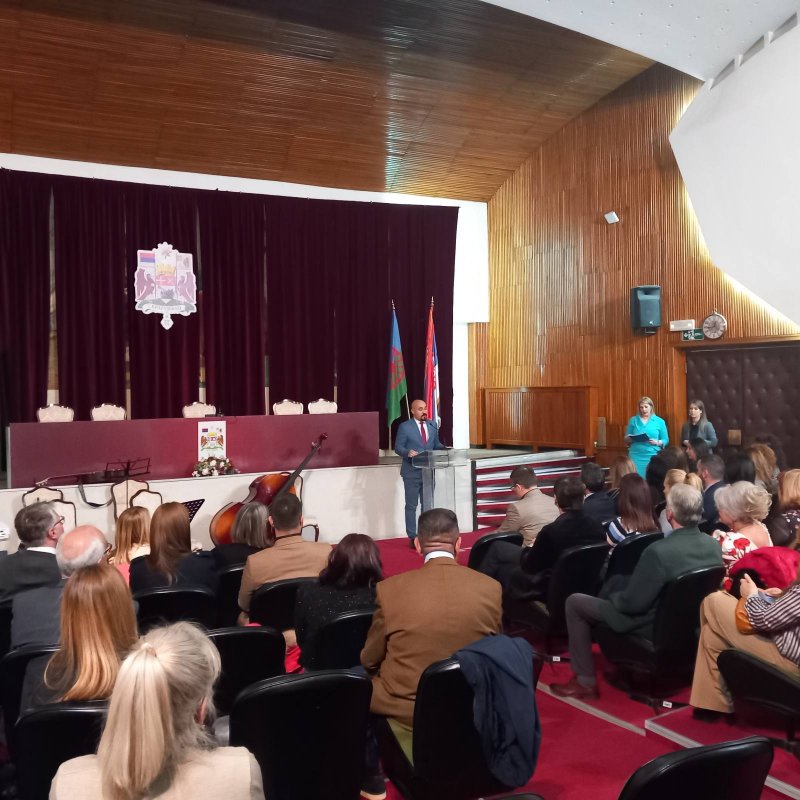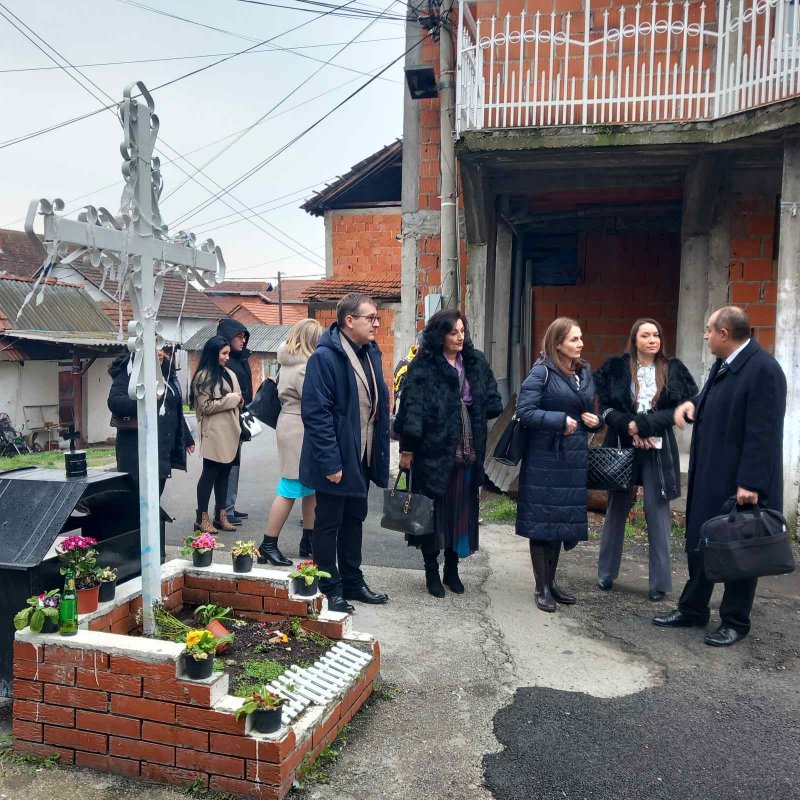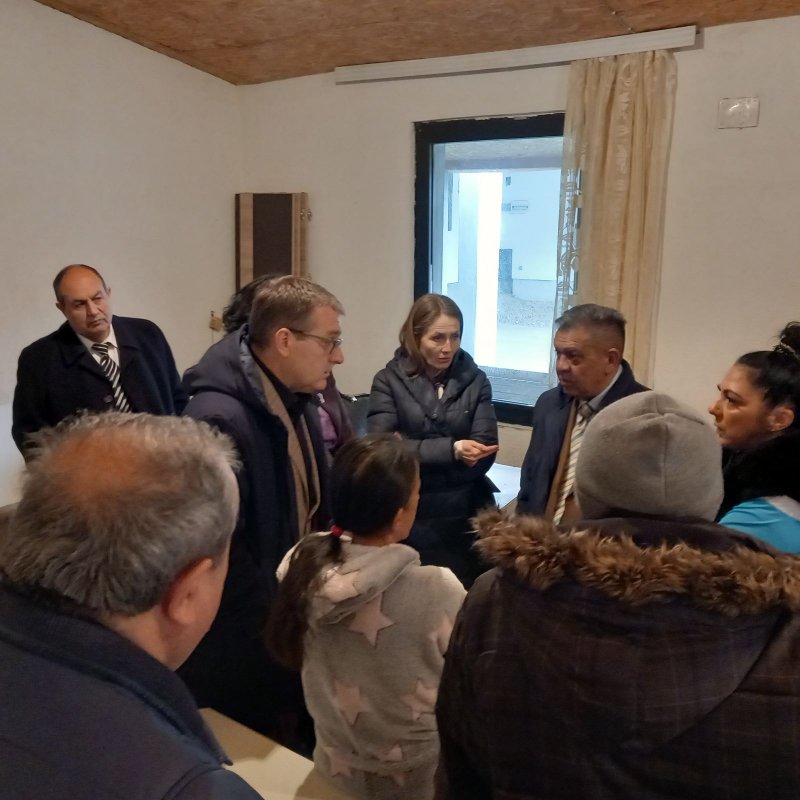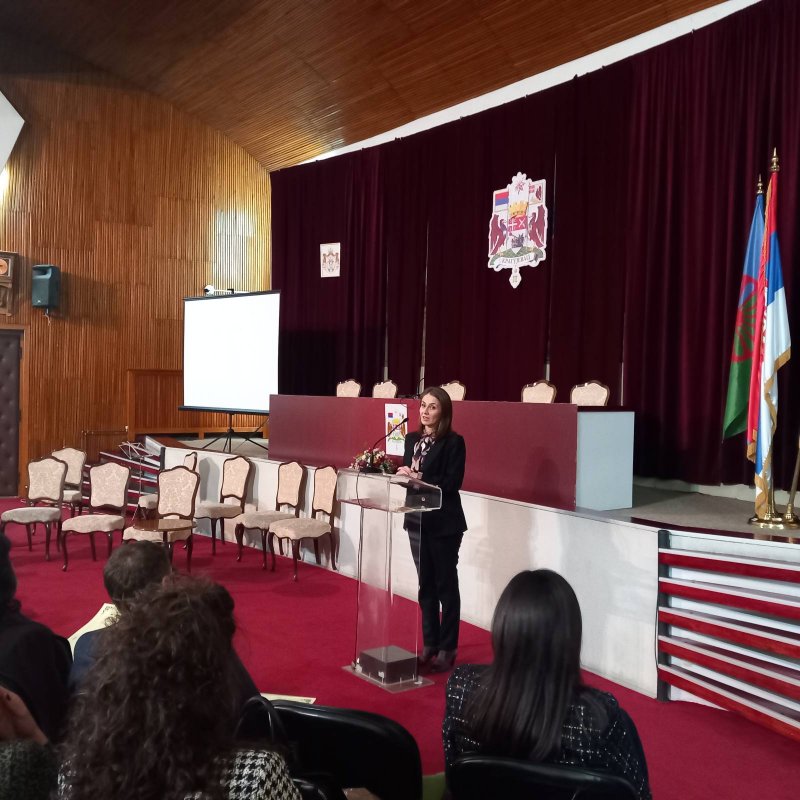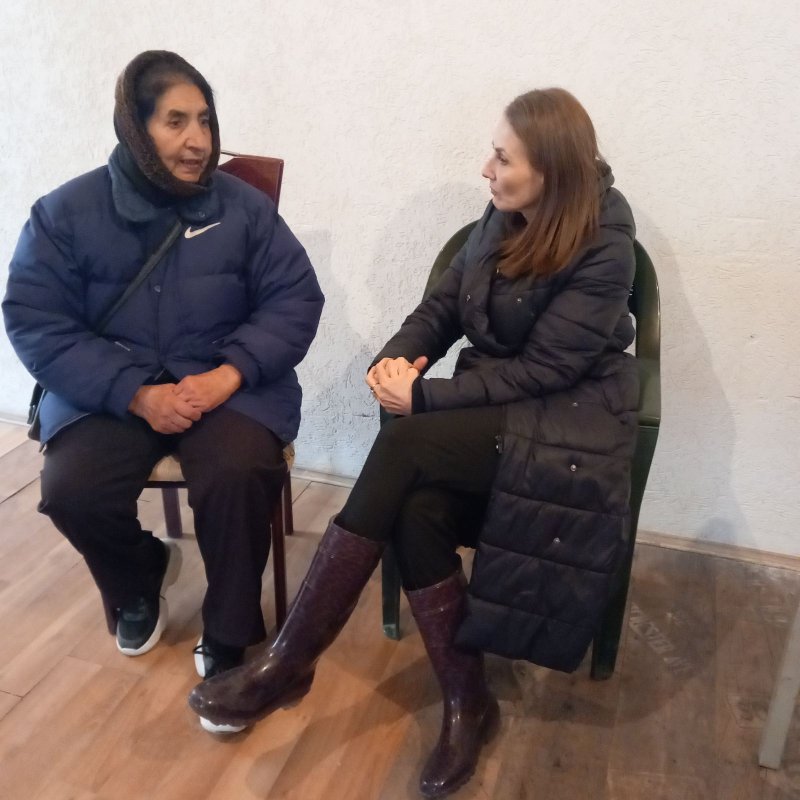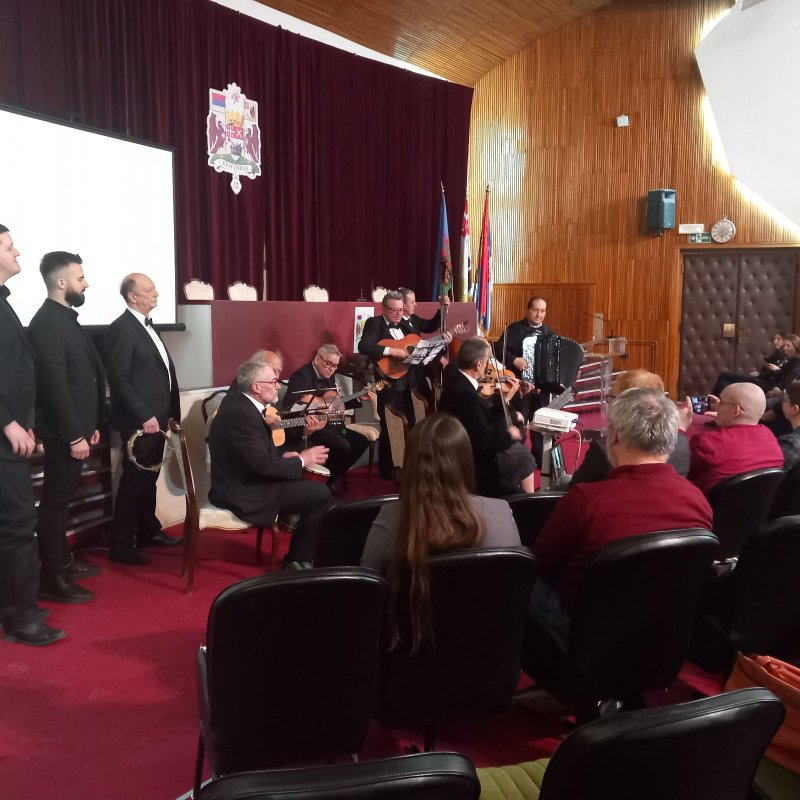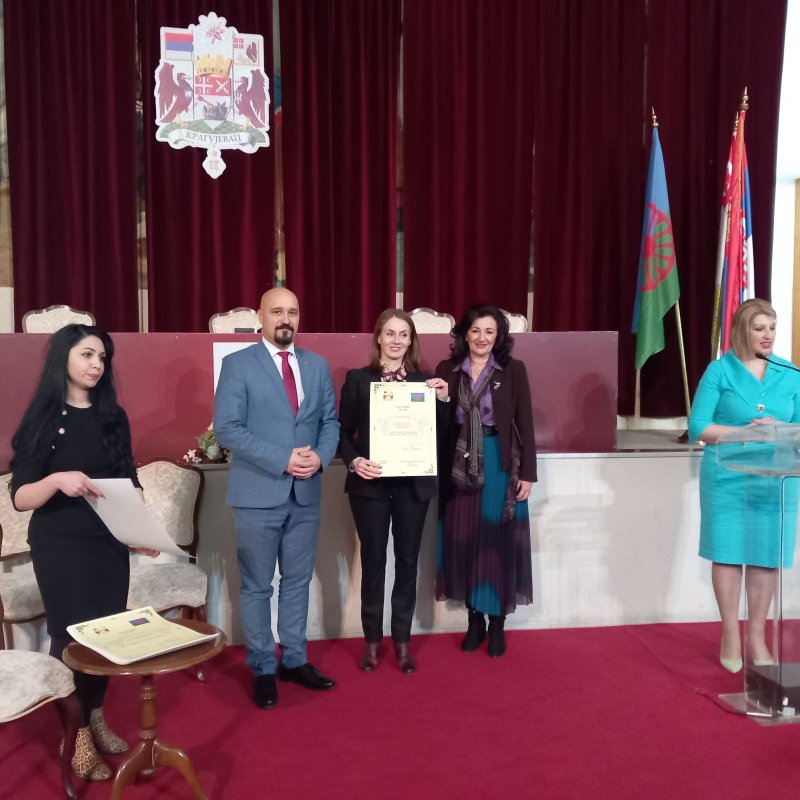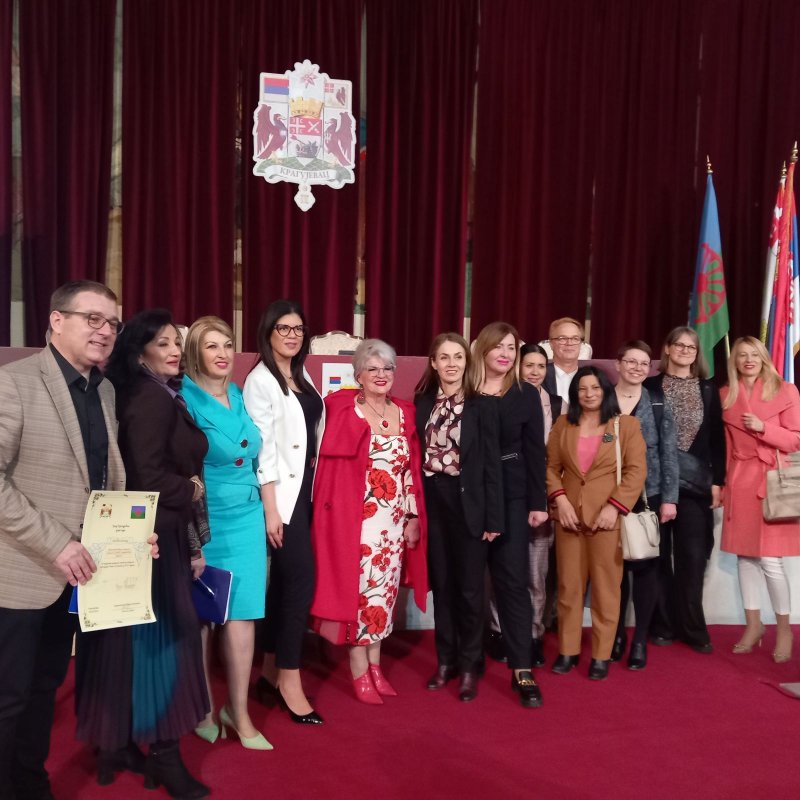Discrimination, social distance, stereotypes and prejudices, and even hate speech are encountered daily by many Roma men and women and represent an obstacle to improving the position of members of the Roma national minority, said Commissioner for the Protection of Equality, Brankica Janković, at the Ceremonial Academy held in the Assembly of the City of Kragujevac on the occasion of the celebrating April 8, International Roma Day. This is also confirmed by the practice of the Commissioner, who, during the past year, received the most complaints due to discrimination based on national affiliation or ethnic origin, almost 88 percent of which relate to discrimination against Roma, Janković stated.
The Commissioner points out that it is particularly worrying when public authorities or public figures express discriminatory attitudes towards the Roma national minority, which shows a fundamental misunderstanding of the life impediments they face, further encourages prejudice, and deepens the ubiquitous narrative in which those who are discriminated against are blamed for the conditions in which they live. However, the majority of representatives of public authorities react to the recommendations made by the Commissioner based on complaints. As an example of understanding and good intentions, the Commissioner mentioned the meeting that was held yesterday in the Commissioner’s office between the representatives of the Roma association, the Municipality of Vladičin Han, and PE Srbija Voda, where constructive proposals were made, and the will was shown to solve the multi-decade problem of the residents of the Roma settlement, which is located nearby of the Vrla river, which often overflows.
The Commissioner also reminded that a few days ago, at the initiative of NGO A11, the Commissioner reacted by recommending measures related to the demolitions in the Roma settlement Antena, after which the President of the Municipality of Novi Beograd immediately answered what concrete action he would take to act on the given recommendation.
As problems and needs are best observed in the field, the Commissioner visited the residents of the informal Kragujevac settlement Licika with representatives of the city of Kragujevac, where she discussed with the residents their vision of solving the problems of Roma men and women. It was assessed that the key role in this is played by local self-governments, which undertake measures to improve the economic position, employment, and access to water and electricity, naturally, with the necessary support from the national level.
